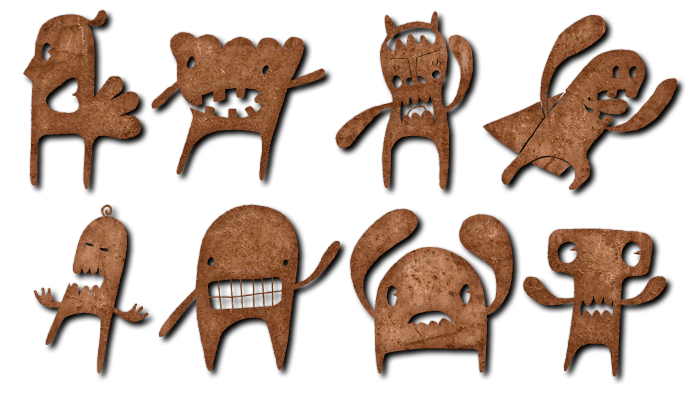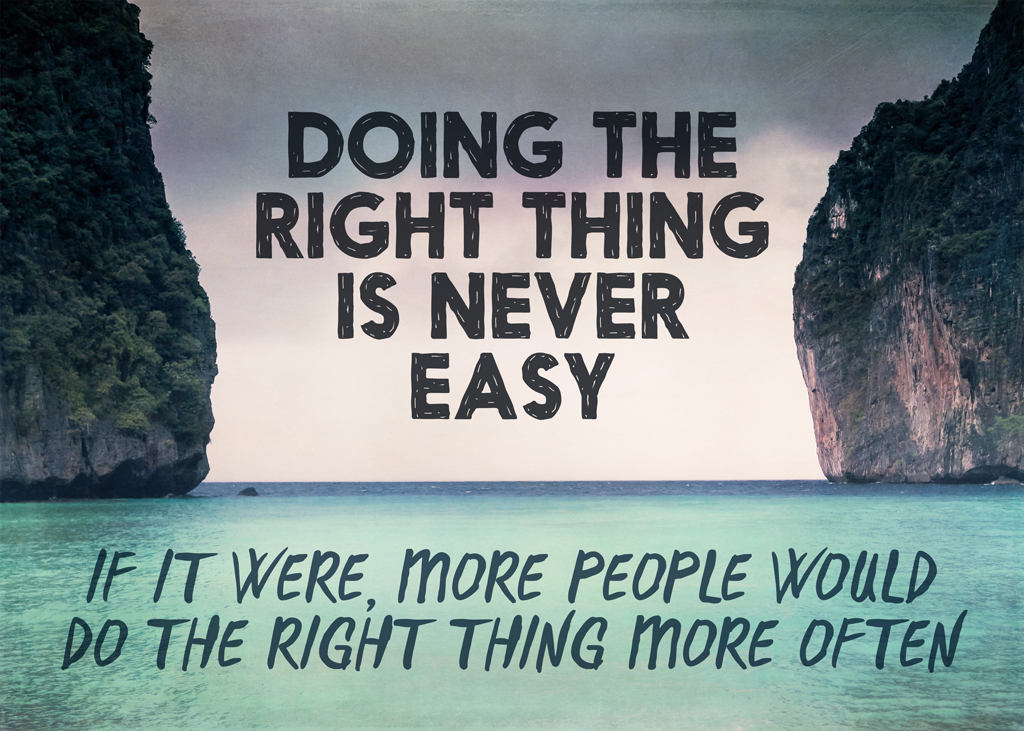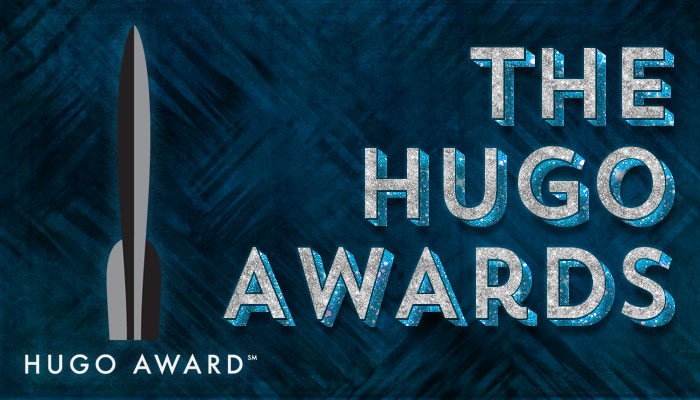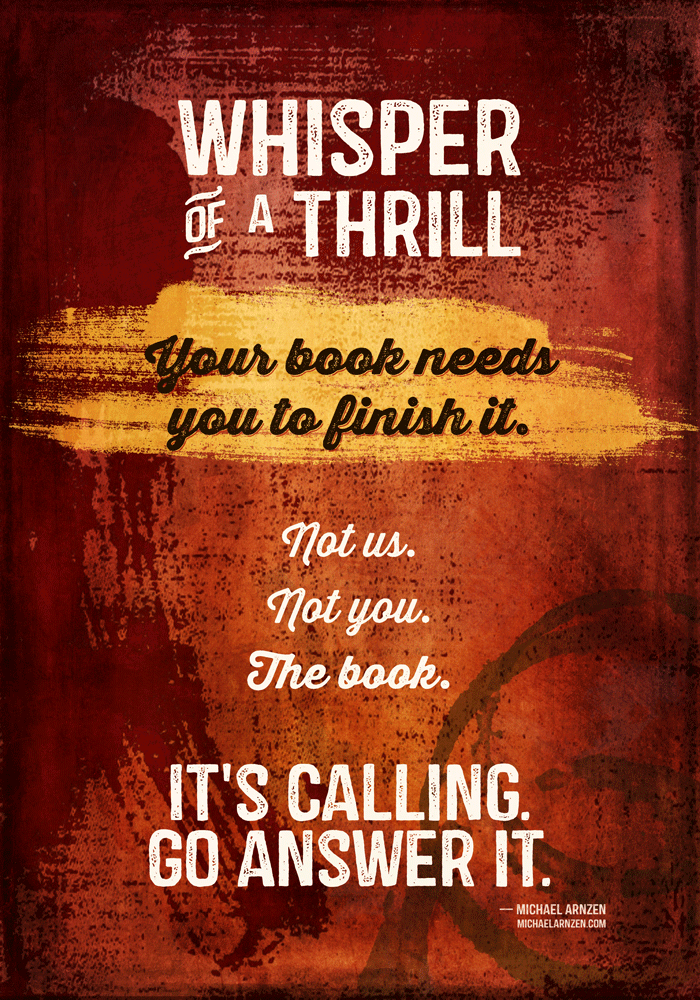When I agreed to be co-head of programming for Westercon 67 in Salt Lake City, it was before a book decided to bonk me over the head and say in no uncertain terms:
Deirdre, remember that careful timeline you had of all your writing projects? Eff that. I’m the book you should write NOW NOW NOW.
And yes, this book swears at me.
So I carefully figured out what it would all do to my projects, and re-worked everything. You know, like it was my actual day job. (Which it is.)
It looked like I’d have time to do Westercon programming.
However, the book is harder to write than I expected and it’s been fighting me (and I it), and I don’t have the mental space to do that and Westercon programming.
Then there was the heartwrenching trip to Canada to list my mother’s property for sale. (Now sold.)
While I was still fighting that valiantly, the MZB/Breen stuff landed in my space. Do I need to tell you that’s been time consuming and heartbreaking? Moira’s courage to speak has given me a renewed sense of vigor about my own projects. Thank you so much.
On top of that, a few days ago, I got quotes that my book was going to take longer to edit than I’d planned for. It’s not what I wanted to hear, and it was at a time where there was nowhere to cut — except Westercon.
So, even though Michael, Alison, and I have programmed conventions on short notice — I’m slammed, he’s been even more slammed than I am, and Alison’s got her own things going on. None of us can do it alone, so we spent last night, and we’ll spend tonight doing what we can, then the rest will be up to Westercon’s concom.
It’s Not Kate’s Fault
None of this is anyone else’s fault, okay?
I want to be clear that, of all the Westercon concom, Kate Hatcher has been the most amazing. She has kept in communication with people when I haven’t had spoons to, she’s a great person, and I sincerely want to see the best for her in life. I’ve enjoyed Skype chatting with her, and am looking forward to meeting her in person at con.
She came in wanting to do one thing and has taken on far more than that.
Also, my singling her out for praise shouldn’t be taken as criticism of anyone else; it’s not.
I had two immovable objects where, when getting closer to them, I needed to move one of them out of my space to tackle the other. That’s all.
Arguably, I should have been smarter sooner. I just know that I happen to work best under pressure, just sometimes I grossly misestimate how much pressure I’m under (and what the consequences of that are for me, yay fibromyalgia).
In Other News
Various factions have brought up the Samuel Delany/NAMBLA comments. They are googleable, and I don’t want to start a comment thread about that here, okay?
So here are my general statements.
- I consider the aims of NAMBLA abhorrent.
- That said, I’ve seen no evidence (doesn’t mean it’s not out there; I’m not trying to be willfully ignorant here) that Delany’s position was anything other than intellectual.
- He was responding to the contents of their newsletter, which may have been interesting and/or thought-provoking intellectual discussion for all I know.
I am perfectly fine with people discussing abhorrent things. Hell, crime writers do it all the time. Some people have abhorrent desires they don’t act on.
I feel quite differently about crossing the line into child rape.
This is a really horrible analogy, but I haven’t thought of anything better for it in the last week.
- I love chocolate cake. My preciousssss. I especially love the fluffy kind with gluten. Mostly I don’t like gluten-free chocolate cake because it mostly fails.
- It is bad for me. (celiac)
- My thoughts and longings about chocolate cake are not, in and of themselves a problem for my body or society as a whole.
- Eating chocolate cake, however, crosses the line.
- I had chocolate pudding earlier. It’s not the same thing, but I find it more satisfying than the kind of chocolate cake I can eat and better for me than the kind I can’t.
On Delany/NAMBLA, someone else is going to have to do the research on this because I just don’t have the bandwidth. [Edit: Will Shetterly did.]
Bonus Track: Vibrapshere, Forever Imaginary
This is cheering me up right now.
Read More



















